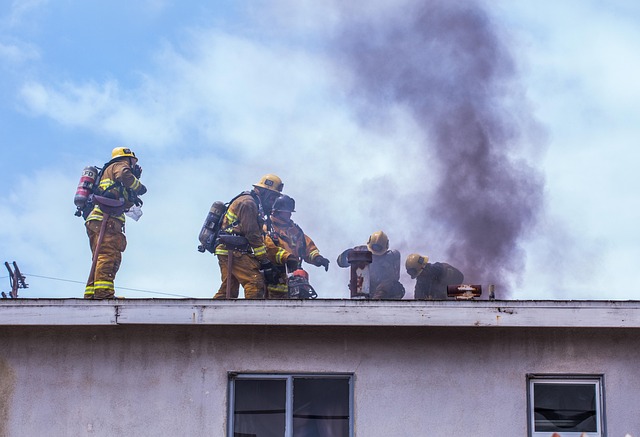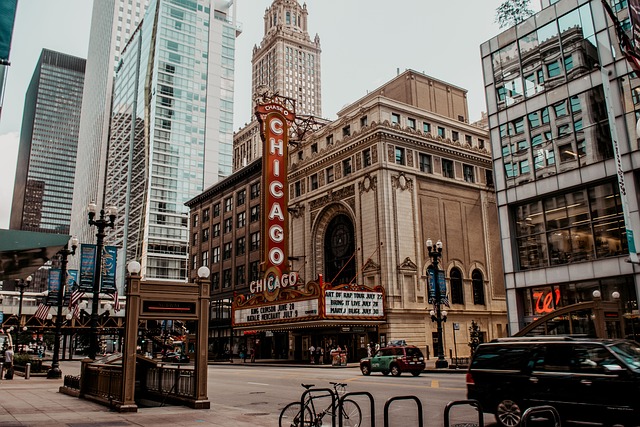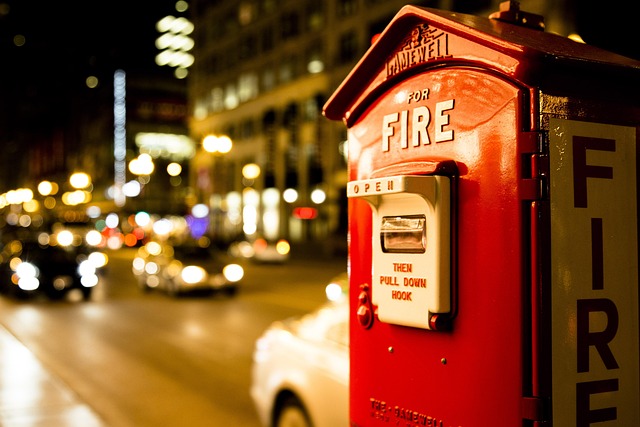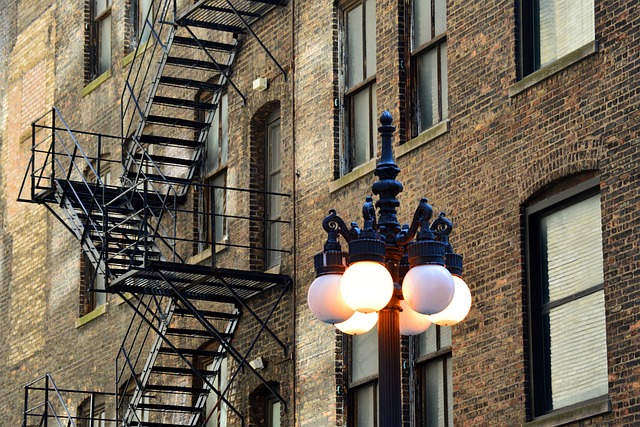Selling a fire-damaged home in Chicago requires strategic navigation due to unique market conditions where buyers accept properties 'as-is'. Key steps include hiring an expert real estate agent, assessing damage, adhering to local regulations, and thoroughly disclosing details. Repairs or renovations can significantly enhance the property's appeal, with proper guidance ensuring compliance and maximizing value in the competitive Chicago real estate market.
“In Chicago’s competitive real estate market, understanding as-is home sales is crucial. This article delves into the unique dynamics of selling a fire-damaged property in the city, exploring key considerations for both sellers and buyers. We examine the impact of fire damage on property value, offering practical strategies to navigate legal and safety aspects, ensuring a smooth transaction. Whether you’re a homeowner looking to sell or a buyer seeking opportunities, this guide provides insights into the process of selling a fire-damaged house in Chicago.”
- Understanding As-Is Home Sales: A Chicago Focus
- The Impact of Fire Damage on Property Value
- Strategies for Selling a Fire Damaged House in Chicago
- Navigating Legal and Safety Considerations in Chicago Real Estate Transactions
Understanding As-Is Home Sales: A Chicago Focus
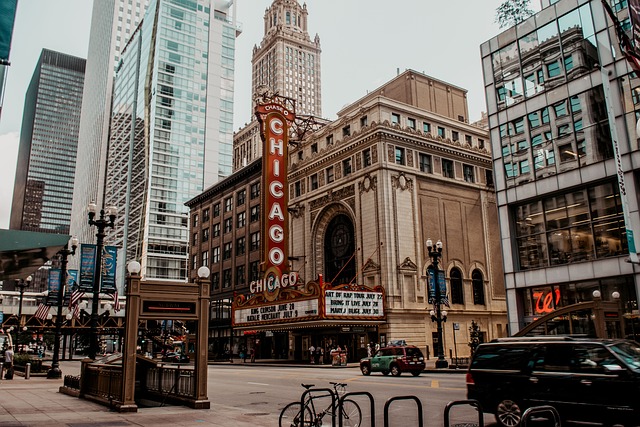
Selling an as-is home in Chicago, particularly one that has sustained fire damage, involves understanding a unique market dynamic. As-is sales mean buyers accept the property in its current state, without any repairs or renovations from the seller. This approach is especially prevalent in areas like Chicago, where real estate can be competitive and diverse. For instance, someone looking to sell a fire damaged house Chicago needs to recognize that potential buyers might include investors seeking renovation projects or individuals willing to roll up their sleeves for DIY repairs.
The allure of as-is home sales lies in the potential for significant savings for both buyers and sellers. Buyers can secure properties at potentially lower prices, while sellers can avoid the costs associated with repairs and renovations. In Chicago’s competitive real estate market, where fire damaged properties might once have been overlooked, this model is gaining traction. Understanding this niche market requires knowledge of local regulations regarding fire-damaged structures and a keen eye for recognizing the value that can still exist within these unique properties.
The Impact of Fire Damage on Property Value
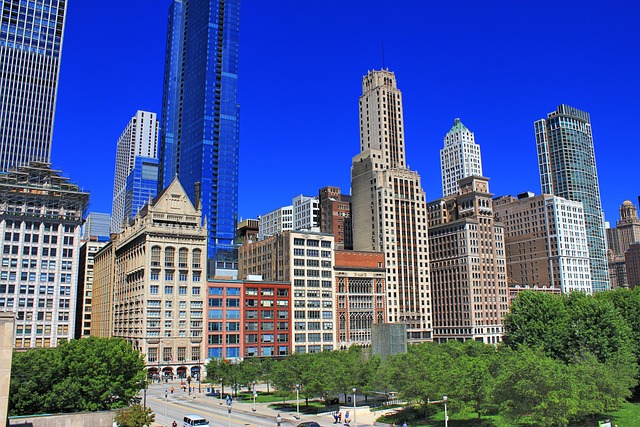
Fire damage can significantly impact the value of a property in Chicago, affecting both its marketability and asking price. When a home experiences fire damage, potential buyers often view it as a red flag, assuming that substantial repairs are needed and the cost could be prohibitive. This perception can lead to a lower appraisal value, making it challenging for homeowners to sell their fire-damaged properties at a desirable price.
In Chicago’s competitive real estate market, where buyers are often discerning, selling a fire-damaged house can be a complex process. However, with proper disclosure and transparency about the extent of the damage and repair efforts undertaken, some buyers may still find value in such properties. Rebuilding and renovation projects offer an opportunity to create a fresh space while adding personal touches, potentially increasing the property’s appeal and marketability over time.
Strategies for Selling a Fire Damaged House in Chicago
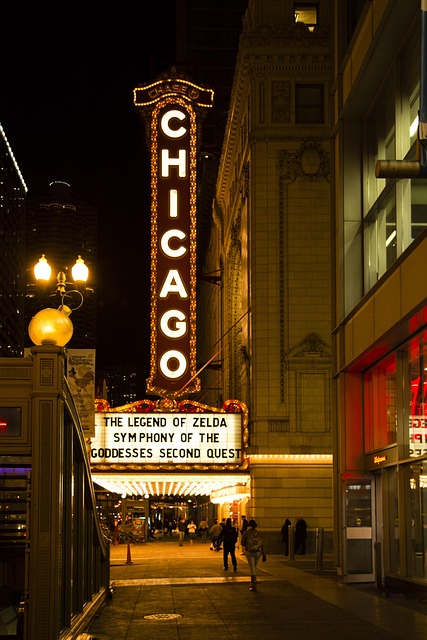
Selling a fire-damaged home in Chicago can be a challenging process, but with the right strategies, it’s possible to navigate this unique situation successfully. The first step is to hire a professional real estate agent with experience in handling such cases. These experts understand the market dynamics and have access to resources that can help mitigate the effects of fire damage. They’ll guide you through the process, ensuring your home is presented in the best light.
Repairs and renovations are crucial. While it’s tempting to sell as-is, buyers often shy away from properties with visible damage. Invest in repairing structural issues, replacing damaged materials, and restoring the property to its pre-fire condition. This might include roof repairs, smoke and water damage restoration, and repainting. In some cases, a complete renovation may be required to increase the home’s appeal and value.
Navigating Legal and Safety Considerations in Chicago Real Estate Transactions
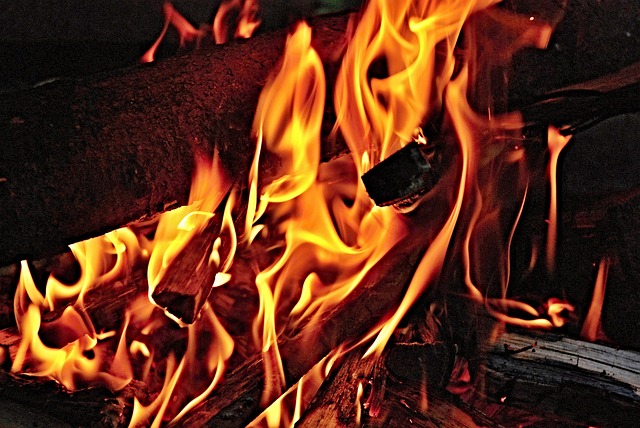
When considering selling a fire-damaged house in Chicago, understanding legal and safety considerations is paramount. The first step is to assess the extent of damage; this will determine whether the property requires significant repairs or if it’s beyond salvageable restoration. In Chicago, certain zoning laws and building codes must be adhered to, especially after such disasters. It’s crucial to consult with a professional contractor who can provide an accurate cost estimate for repairs and guide you through any necessary permits and inspections.
Additionally, disclosure is key in real estate transactions. Sellers must disclose any known issues, including fire damage, to potential buyers. This not only ensures transparency but also helps set clear expectations. For fire-damaged properties, this might include details about the cause of the fire, the time since the event, and the extent of structural or cosmetic repairs required. Legal experts in Chicago real estate recommend consulting with an attorney to ensure compliance with disclosure requirements, protecting both the seller and buyer from potential disputes down the line.
Selling a fire-damaged home in Chicago can be challenging, but with the right strategies and knowledge of local regulations, it is possible to navigate this process successfully. Understanding the legal and safety considerations specific to Chicago real estate transactions, coupled with effective marketing techniques, can help homeowners secure fair deals. By addressing fire damage concerns openly and providing transparent information, sellers can attract buyers who appreciate honest disclosures. This approach not only facilitates smoother sales but also ensures that all parties involved are protected within the Chicago market’s unique framework.
